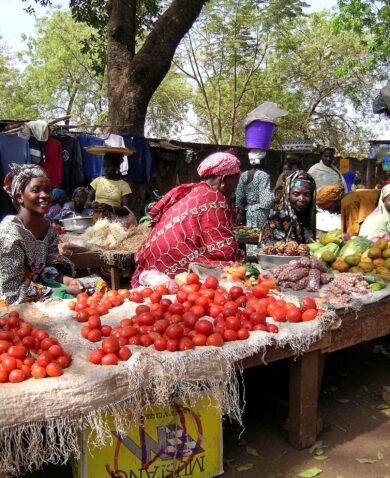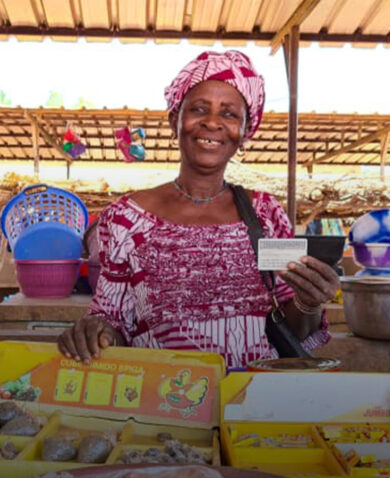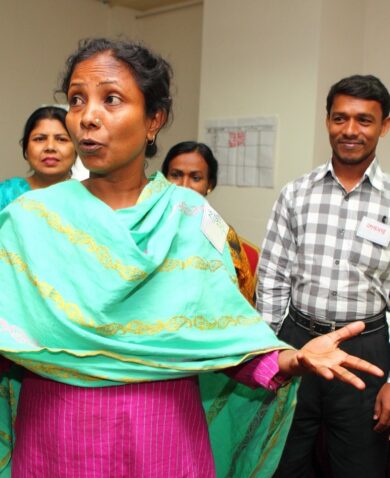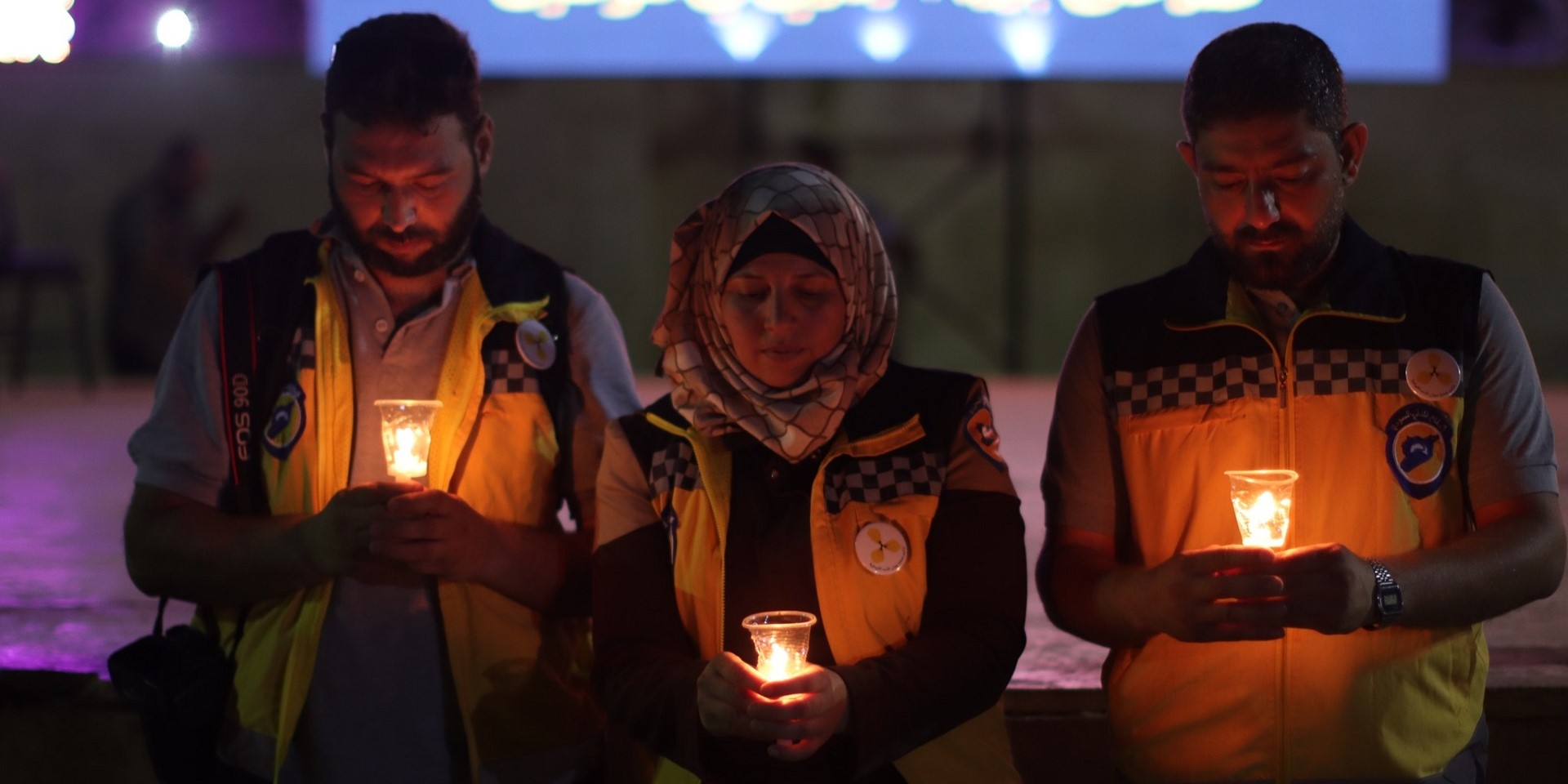
In Syria’s Ongoing Conflict, One Volunteer Group Continues to Save Lives
October 3, 2023 | 5 Minute Read“To save a life is to save all of humanity.” That is the motto of the Syria Civil Defence.
More commonly known as the White Helmets, the Syria Civil Defence (SCD) is a community-led group of volunteers who set out in 2013 to provide emergency assistance to the Syrians during the conflict years. Over the years, this fledging organization has been supported by several international donors, including the U.S. Agency for International Development (USAID), Global Affairs Canada, the German Federal Foreign Office, the Foreign, Commonwealth & Development Office in the UK, and the Ministry of Foreign Affairs in Denmark. “It was from that first engagement, six guys wanting five fire extinguishers [that] things grew into what is now the Syria Civil Defense, and what an amazing ride it was to watch them grow. It’s the impact that they were having in their communities, not only on the lives that they were saving, but also in how inspiring they were, and in the hope that they instilled along the way,” says Andrew Sinclair, USAID Office of Transition Initiatives (OTI). Now, the White Helmets are comprised of over 3,000 volunteers who have helped save an estimated 127,000 lives to date.
As SCD comes up on ten years of service, we reflect on what has made it so successful.
Prioritizing Community Needs and Voices
SCD has always been driven by the local communities’ needs and priorities. “How did they [the volunteers] know exactly what the community needed?” asks Amin Al Harari, monitoring, evaluation and learning manager for the White Helmet Assistance Program (WHAP), a multi-donor-funded platform implemented by Chemonics International that provided direct support to the SCD. “Because they are from the communities.” All the volunteers are Syrian, and at least 50% of them tend to work in their own communities. This has increased their credibility not only within the communities they serve but also with donors seeking to invest in the organization with whom they have built trust that SCD’s activities truly reflect the needs on the ground.
Furthermore, SCD uses firsthand accounts, images, and videos to humanize ’the conflict and provide a fact-based narrative. They consistently share updates on their social media accounts. They are passionate advocates for ending the conflict in Syria, working tirelessly to draw attention to the issue among media outlets, international humanitarian organizations, and government donors while continuing to deliver humanitarian assistance to civilians. “It wasn’t just marketing for themselves. It was that the world should see… they wanted the world not to lose sight of the atrocities that were taking place and they wanted material available should there ever be any type of accountability for the people perpetrating atrocities,” explained Chemonics project director, Mike Provenza.
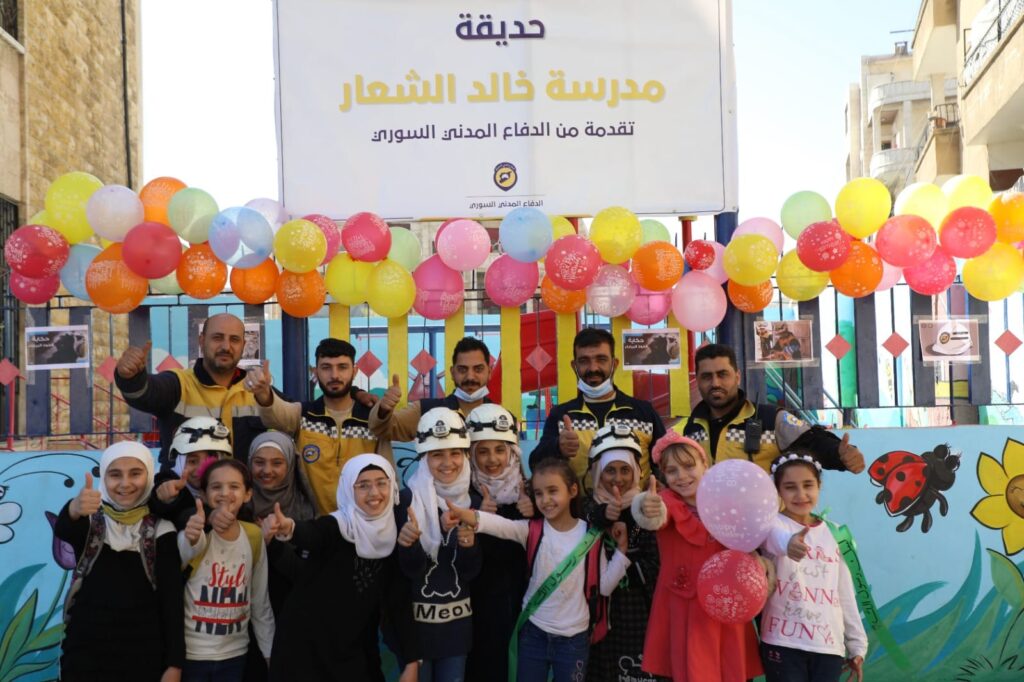
Building Continuous Feedback Loops – and Trust
Frequent dialogue between SCD and donors, utilizing the best means available to communicate – from WhatsApp to face-to-face brainstorming, with SCD in the driver’s seat to devise solutions based on their understanding of the local context and the communities’ priorities, created trust on both sides. This trust led to increased external support, further bolstering SCD’s reputation over time.
The WHAP established strong monitoring and feedback mechanisms that strengthened SCD’s knowledge and capacity to compliantly implement donor assistance. By incorporating flexibility, WHAP was able to respond to SCD’s direct input on the activities and worked closely with SCD and donors to adapt highly complicated regulations that best responded to the local context, including ways to procure inside Syria without violating sanctions, and adjusting the types of grants that could be used. “The most critical factor in the continuation of the relationship with WHAP is the factor of building trust, which was not based on interest and expected benefits, but rather the result of strict policies and procedures. The monitoring and evaluation standards that [the WHAP] followed were essential to assist the SCD in discovering and addressing its mistakes. The continuous discussion and dialogue were helpful factors in understanding views, continuing the partnership, and increasing trust between the two parties,” explains Raed Al Saleh, Head of SCD.
Investing in Local Staff and Local Leadership
While SCD was naturally composed of local volunteers, donor programs like WHAP were also able to recruit most of their staff from Syria and Turkey. Not only did this help with building relationships between the teams, but it also created a pipeline of professionals that could support SCD directly and in the long term. WHAP prioritized the provision of consistent professional development and capacity building, enabling WHAP team members to share knowledge and provide mentorship to the SCD teams.
“We were constantly responding to what was needed on the ground, and what was needed on the ground always became more complex. And as a result, we needed to work with the SCD to build more complex systems to feed into that so that they could properly operate,” said Saeed Uri, WHAP’s project director. Initially, Chemonics took on the role of managing the USAID/OTI assistance so that SCD could focus on the core response activities. Still, over time, SCD was able to absorb more of the direct management, especially in procurement, financial management, media and communication, advocacy, and donor relations. SCD also identified areas that they wished to strengthen. In turn, WHAP, in collaboration with SCD and donors, designed relevant trainings, technical assistance, and knowledge sharing sessions. The approach always remained adaptive and flexible to SCD’s bandwidth, human resources, and ability to have the time to integrate and absorb changes. This intentional approach to investing in local staff and leadership contributed to SCD’s successful transition towards direct donor assistance.
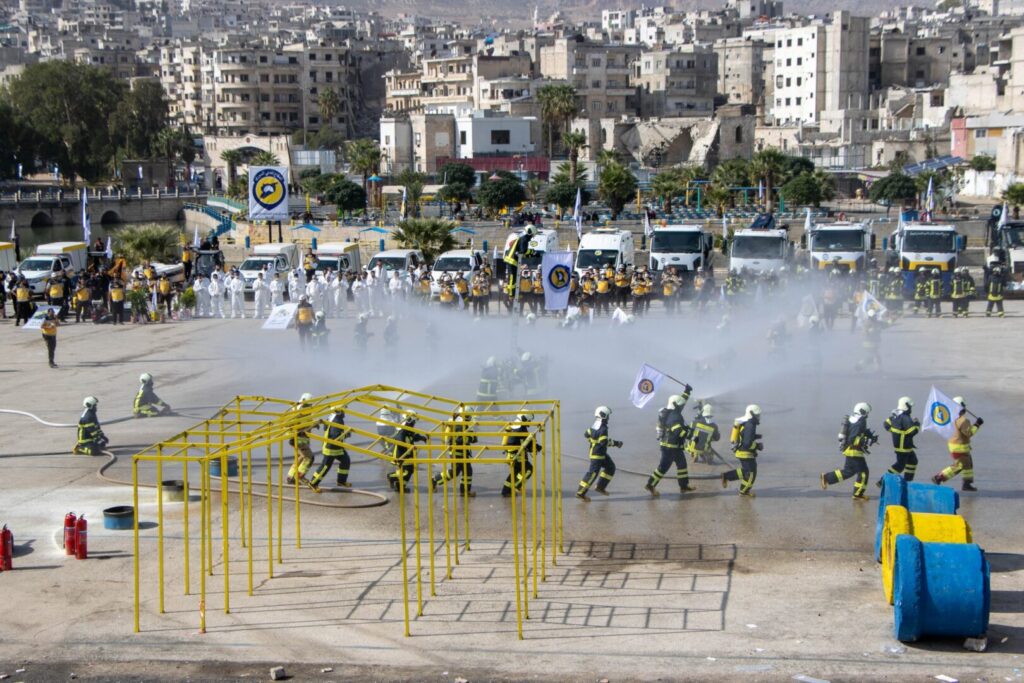
Above all, be intentional
Intentionality from the beginning and long-term commitment by the partners and donors to these guiding factors is key. Mounir, Deputy General Manager, and Head of Humanitarian Affairs of SCD, believes that the partnership between SCD and these groups was successful because, “the relationship focused on building trust, open communication, and mutual understanding, and the two parties worked together to clarify expectations, set goals, and define partnership standards. The relationship can be described as a partnership and deep cooperation, especially since the SCD needed more experience to implement projects effectively.” Saeed adds, “We didn’t establish an implementer/local partner relationship or a donor grantee relationship. From the beginning, we established a partnership.”
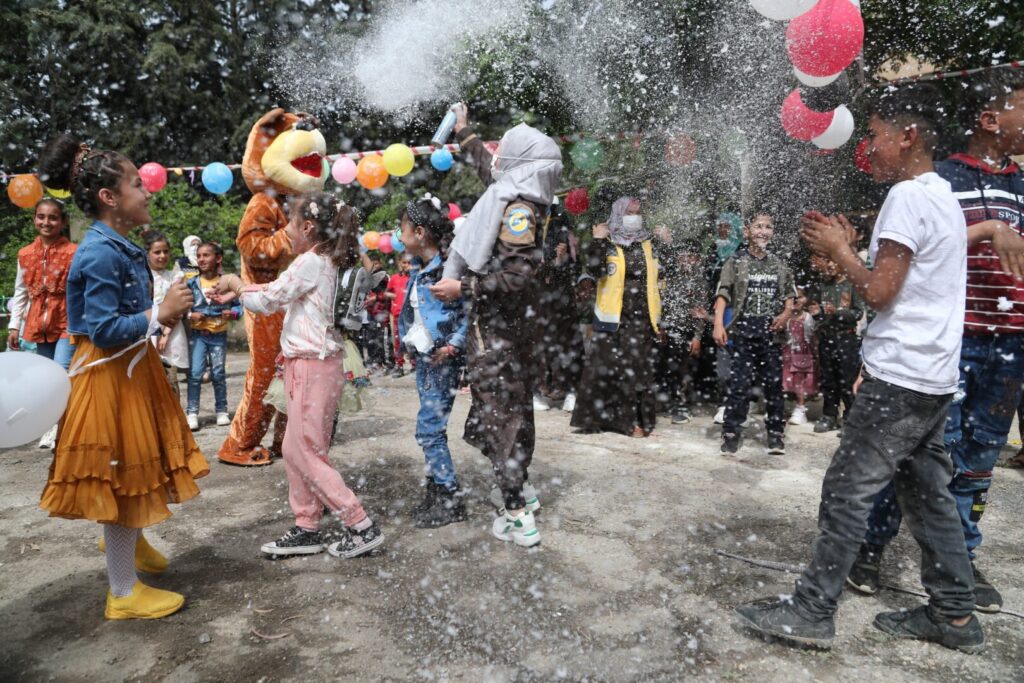
This blog was written in collaboration with SCD.
Banner image caption: Candles were lit at ten o’clock to remind the world of the chemical massacre committed by the Assad regime when they targeted the civilians in Rural Damascus ten years ago at 10 p.m. on August 20, 2013. Photo supplied by the SCD.
Posts on the blog represent the views of the authors and do not necessarily represent the views of Chemonics.





